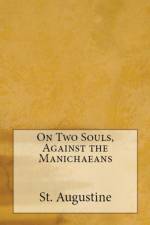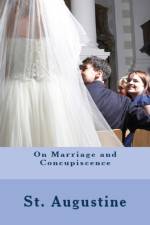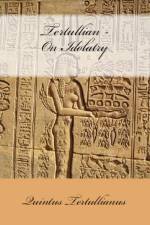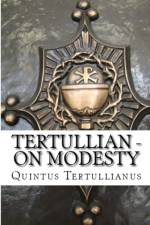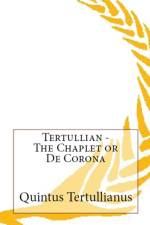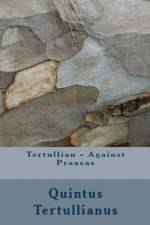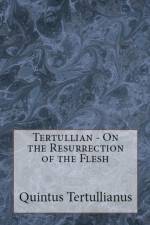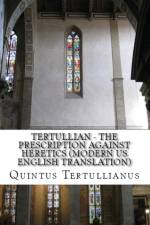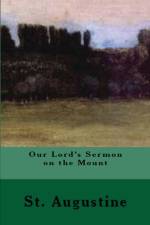von Quintus Septimius Florens Tertullianus & Tertullian
12,00 €
The principal crime of the human race, the highest guilt charged upon the world, the whole procuring cause of judgment, is idolatry. For, although each single fault retains its own proper feature, although it is destined to judgment under its own proper name also, yet it is marked off under the general account of idolatry. Set aside names, examine works, the idolater is likewise a murderer. Do you inquire whom he has slain? If it contributes ought to the aggravation of the indictment, no stranger nor personal enemy, but his own self. By what snares? Those of his error. By what weapon? The offense done to God. By how many blows? As many as are his idolatries. He who affirms that the idolater perishes not, will affirm that the idolater has not committed murder. Further, you may recognize in the same crime adultery and fornication; for he who serves false gods is doubtless an adulterer of truth, because all falsehood is adultery. So, too, he is sunk in fornication. For who that is a fellow-worker with unclean spirits, does not stalk in general pollution and fornication? And thus it is that the Holy Scriptures use the designation of fornication in their upbraiding of idolatry. The essence of fraud, I take it, is, that any should seize what is another's, or refuse to another his due; and, of course, fraud done toward man is a name of greatest crime. Well, but idolatry does fraud to God, by refusing to Him, and conferring on others, His honors; so that to fraud it also conjoins contumely. But if fraud, just as much as fornication and adultery, entails death, then, in these cases, equally with the former, idolatry stands unacquitted of the impeachment of murder. - Quintus Septimius Florens Tertullianus (Tertullian)




